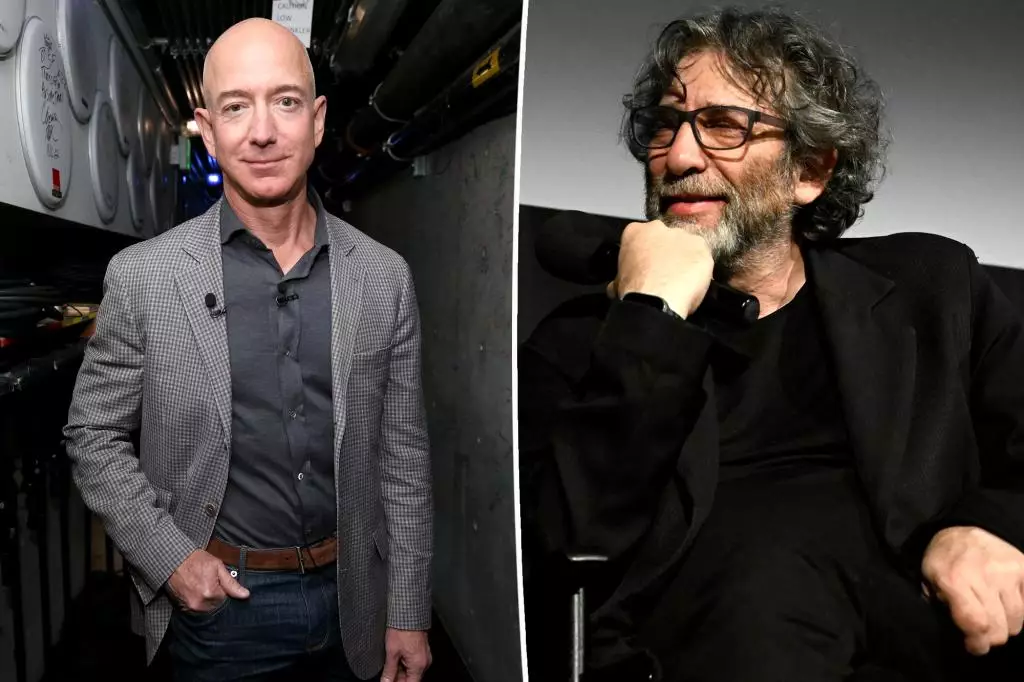Renowned author Neil Gaiman, whose literary works have captivated audiences worldwide, finds himself at the center of a swirling controversy that has led to his unexpected absence from this year’s prestigious Campfire literary retreat. Historically, this event has attracted influential figures in the literary scene, including the likes of Amazon’s Jeff Bezos, creating a unique gathering of industry powerhouses. However, allegations of sexual misconduct against Gaiman have cast a shadow over his long-standing reputation, suggesting that the literary community is facing a reckoning of both accountability and scrutiny.
The surfacing of sexual assault allegations against Gaiman has caused significant ripples not only within the literary circles but also in the broader cultural discourse surrounding consent and power dynamics. Reports indicate that four women have come forward, sharing troubling accounts of their interactions with Gaiman, which reportedly involved non-consensual elements. A fifth woman joined the discussion, adding to the chorus of unsettling testimonies. In this atmosphere of heightened sensitivity to such issues, Gaiman’s invitation to the illustrious Campfire retreat appears to have been quietly revoked, reflecting the sentiment of the times and the desire for a more conscious and responsible literary community.
Neil Gaiman’s bibliography, which includes acclaimed titles like “The Sandman,” “Good Omens,” and “Coraline,” has long earned him a place among the literary elite. His works often explore complex themes of morality, existence, and the human condition, positioning him as not only an author but as a cultural commentator. Yet, the seriousness of the allegations has forced Gaiman into a defensive position, where he vehemently denies any wrongdoing, labeling the accusations as “disturbing.” The stark contrast between his literary acclaim and the gravity of the charges illustrates a deeper conflict within the artistic community: the struggle to reconcile the actions of celebrated figures with the principles of respect and consent.
In light of these developments, Amazon Prime Video has reportedly paused production on the adaptation of Gaiman’s “Good Omens,” a title that now bears an ironic weight given the circumstances. Although Gaiman has expressed a willingness to step back from the project to ensure its continuation, the pause underscores the broader implications of personal conduct in professional environments. It raises critical questions about the impact of creative partnerships amidst allegations of misconduct and whether artistic merit can hold its ground against ethical considerations.
As the literary community grapples with these revelations, Gaiman’s absence at the Campfire retreat serves as a poignant reminder of the complexities involved in celebrating artistic achievement. It compels a broader reflection on the narratives we elevate and the figures we venerate. The conversations that may take place in his absence could lead to a necessary shift toward greater accountability, creating a future where the integrity of art and the respect for individual rights go hand in hand. As the dust settles, it remains essential for the literary world to engage in critical dialogues surrounding consent, power, and the responsibilities of both creators and consumers alike.

